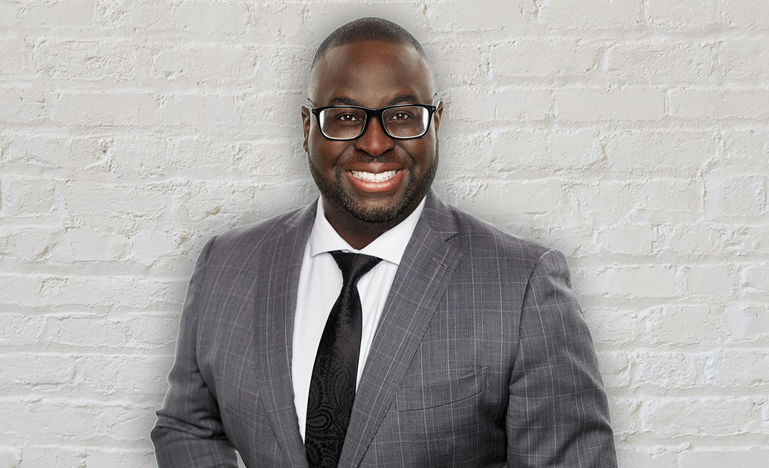What's in a name?
Acknowledging the significance of a name and taking the time to learn it makes the legal profession more welcoming.

At a recent networking event, I encountered a situation where my name was mispronounced. After I corrected the individual, they continued to say my name incorrectly. I can’t say why, but I began reflecting on this and other experiences where my name was mispronounced, and I remembered how much this used to bother me. My name is a formative part of who I am, and when it is mispronounced, especially repeatedly, it can feel deeply personal and frustrating. Names hold meaning and identity, so it’s natural to hope for care and effort in getting them right.
I have experienced the mispronunciation of my name since elementary school, and it has followed me into my professional life. I have been told my name is weird, odd or different. Over the years, I have received suggestions for nicknames or shortened versions of my name to make it easier for others to address me, and I am sure many of us who are thought to have “uncommon” or “difficult to pronounce” names have considered doing so simply to avoid the issue.
I have also witnessed moments when clients feel discouraged in court or individuals at bar calls feel overlooked when their names are deemed “too complicated” to pronounce. While some may choose to look past such treatment, for others it shows disrespect and can make one feel like there is no space for them in the legal community.
These days the mispronunciation of my name doesn’t bother as much because I have learned to address the pronunciation of my name directly, and when someone takes the time to ask how to pronounce my name or tries to get it right, it stands out, and I appreciate it. Most of us aren’t expecting perfection—just a genuine effort. A quick “Can you help me pronounce your name?” can go a long way in showing that effort. These small gestures show consideration and respect, and they make a big difference in how we connect with one another.
These moments offer us opportunities for change. Canada’s multicultural identity is a gift—it allows us to learn from one another, celebrate our diversity, and build bridges through understanding. While no one is expected to know the pronunciation of every name at first glance, acknowledging the significance of a name and taking the time to learn it is the decent thing to do.
Names carry stories. For some, a name represents family heritage or cultural roots. For others, it’s a meaningful choice their parents made or simply an identifier they cherish. Whatever the story, names matter because they’re tied to identity.
In my case, my first name is Mosi, a Swahili name pronounced MOH-see, meaning “firstborn.” My last name, Taylor-Cole, has its own story of family pride; it is not simply a combination of my parents’ names, as some assume, but a way my father chose to pay homage to his parents upon immigrating to Canada.
So, what’s in a name? It’s a reflection of identity, a connection to heritage, and a piece of someone’s story. By asking how to pronounce someone’s name, we show respect and acknowledge their individuality.




